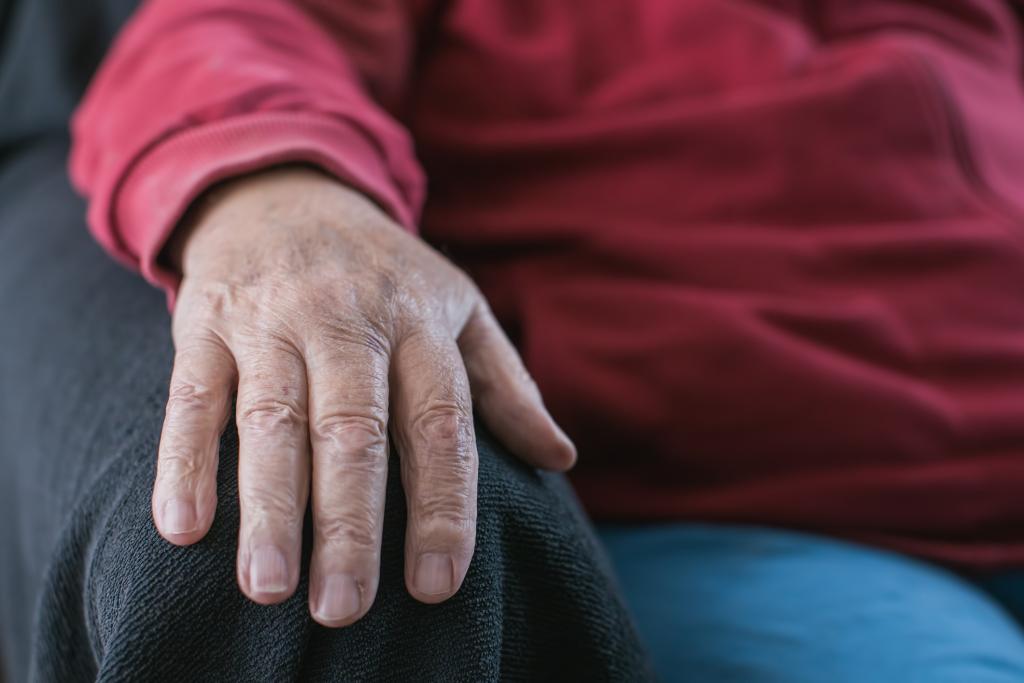
Within this article, I will for shorthand purposes make references hereafter to grandparents but the principles and issues which I set out in this article are equally applicable to other persons who may be significant in a child’s life including, for example, adult brothers, sisters, half-brothers, half-sisters, uncles, aunts, cousins etc.
Wider connections with family
In general terms, where parents separate there is an understood acceptance that children benefit from relations with wider family connections and that generally these connections will be maintained upon separation by the parent with their own family during the period of time that the child is in their care.
However there are circumstances where the relationship between the parents and wider family may break down and the wider family seeks to maintain a relationship with the child. I am often asked what rights therefore grandparents have in order to be able to see their grandchildren and/or influence their care or upbringing. The perhaps surprising answer is in effect none.
As I have touched upon in earlier articles, the decision as to whom children come into contact with, who they are allowed to come into contact with and if so, how often when, where and how are decisions that the Court expects parents to exercise using their parental responsibility to provide for their child’s best interest, safety and welfare, taking into account their best interests.
Consequently, if a grandparent’s relationship with their own children breaks down and those children choose not to provide for a relationship between the grandparents and the child, there is no legal or statutory requirement that they should do so. This does not however mean that there is no action that that grandparent can take. The Children Act specifically allows any person within the United Kingdom to make any application they wish in relation to any specific child. However, there is a significant hurdle and test to be overcome before such application gets off the ground.
Lodging an application
Save for very specific circumstances (which I do not intend to address within this article), a grandparent can instigate Court proceedings by lodging an application with the Court known as a C2 with an accompanying Form C100.
The C2 application is specifically to secure the Court’s permission to be allowed to proceed with the application. If subsequently granted the C100 contains the substance of the application sought.
This allows for a Court to weed out hopeless and inappropriate applications and to bring proceedings to a conclusion at a very early stage. This may be an action that is undertaken by the Court upon receipt of the application (if it is clearly an application without merit) and without the parties having to attend. For example, if for some reason a Mrs Smith in Newcastle decides to make an application for Child Contact with a child in Cornwall who is no family relation and who they have never met, the Court would very quickly terminate that application.
In certain circumstances the Court might consider the application clearly has merit immediately upon receipt of the application and again without meeting the parties, confirm that that application can proceed. Alternatively, if there is potentially some ambiguity or uncertainty the Court may list an initial hearing to determine whether the application can proceed or not.
In general terms the Court will be looking at the merits of the application and whether it is necessary for that application to be considered properly by the Court (without determining the outcome of that application).
The Court will look at:
The connection between the applicant and the child, ie grandparent or other family member, the existing history of the relationship between the applicant and the child, ie this a grandparent who has been seeing the child every week until falling out with the parent, or is it a grandparent who has not seen the child for say 12 years.
Considering the type of Order that might be made, it is the application for weekly contact or for contact every six months. The Court will also give consideration to the potential impact on forcing parents to make the child available for contact that the parent’s client support. The Court will take into account particularly for example whether both parents are in opposition to the contact, or one is supportive of it.
What if a court grants permission for an application?
It is very rare indeed to see a grandparent being provided with the same levels of contact that might be provided to a parent in circumstances where there is a dispute both as to the amount of time that is to be spent with the separated parents. Consequently contact arrangements might be limited to once per month, or less to reflect a grandparental relationship, as opposed to a parental relationship.
If for example a Court has determined it is inappropriate for a parent to have contact with a child, it is highly unlikely that the Court will replace this with contact of a similar level of parental contact to grandparents in its place.
Where the child is already having contact with a parent, with whom the grandparents have fallen out, the Court must also take into account the impact on the child of the levels of contact that are already taking place and layering yet further levels of contact on top of that.
There is no certainty therefore that even if the Court grants permission for an application to be processed, the ultimate outcome will provide either for contact or indeed the levels of contact that a grandparent would desire.
These cases can be extremely difficult and complex and often if they have reached the stage where Court proceedings are required, the relationships between the parties involved in the case may have so substantially deteriorated it will be difficult to recover going forward.
Disagreements
Another common dispute is where a grandparent may fundamentally disagree with the decisions the parent has made about the child’s care, upbringing etc. Again the perhaps surprising answer in this regard is that the grandparents have no rights to interfere in the child’s care and upbringing though again may be able to issue an application through the Court issuing the C2 to seek permission to pursue an application.
The prospects however of an application being successful by a grandparent to address and/or vary the parental responsibility decisions of the parent in regards to for example schooling or other aspects of upbringing are very limited indeed unless the Court can be convinced that the parent’s care and upbringing of the child is so fundamentally flawed that it is in fact causing the child harm.
Overall
It is generally better if at all possible if the relationship between the grandparents and their own children are repaired to provide for voluntary continued relationships with grandchildren rather than the automatic issue of Court proceedings, those Court proceedings as indicated above can polarise the party’s position to such an extent that the relationship between them is irreparable and frequently if unsuccessful in the Court proceedings may mean that there is little if any future prospect of a grandparent/grandchild relationship continuing.
If you have asked questions in relation to grandparenting and/or wider family rights in regards to children, and would now like more information on the different types of proceedings relating to children, please get in touch and we would be happy to assist you.
This article is part of a series on Private Family Law and Children Law proceedings. If you would like to learn more about the rules around parental responsibility, contact, holidays and arrangements for separated parents, please click here for the full series.
If you would like to understand more about how lawyers know what advice to provide, and how courts make decisions, please get in touch and we’d be happy to assist you.
